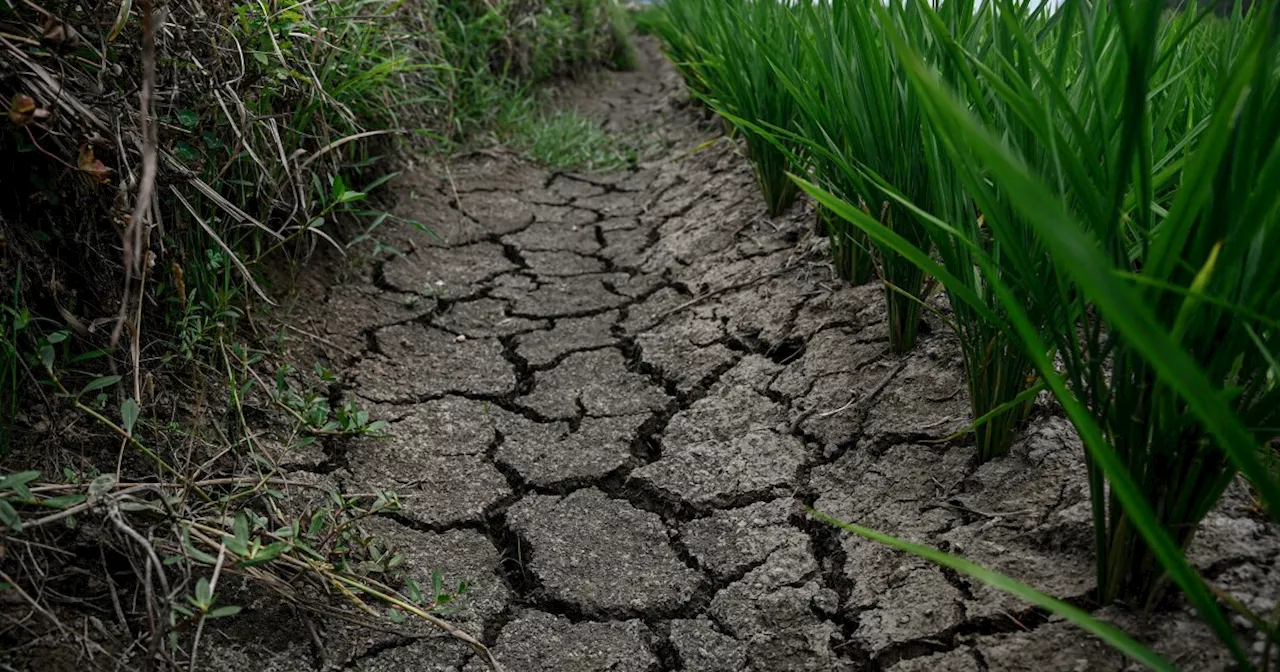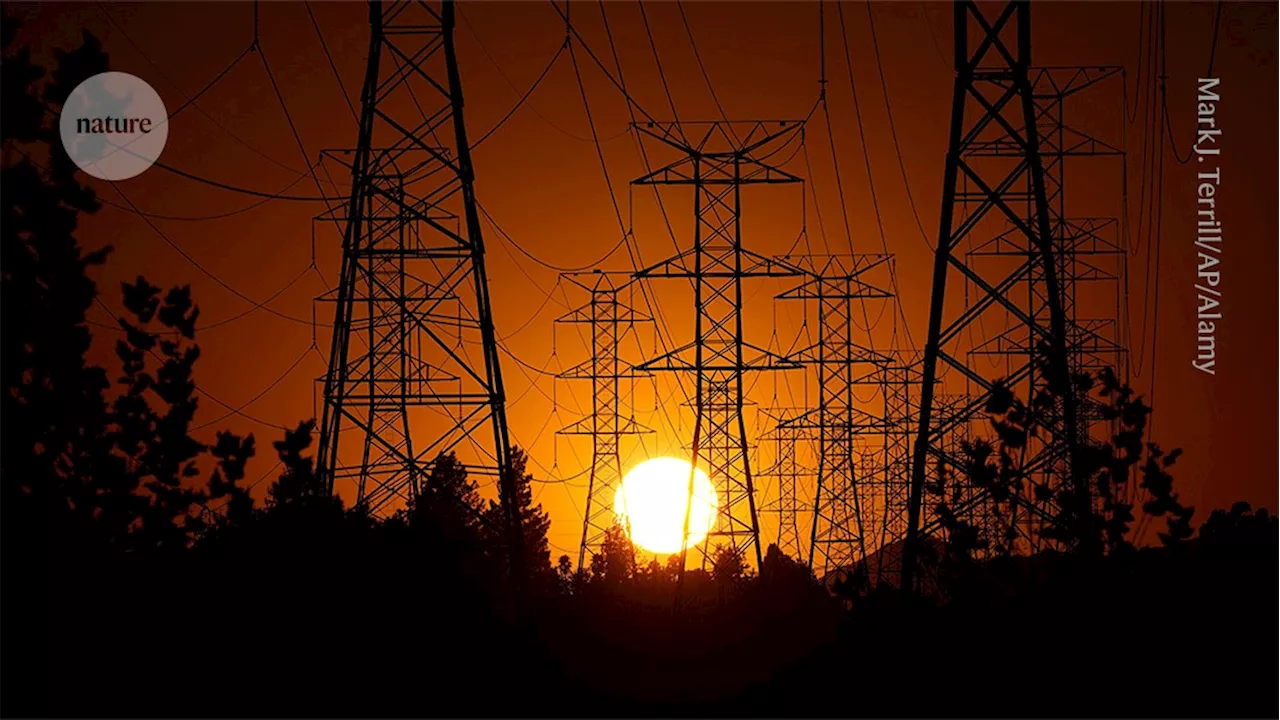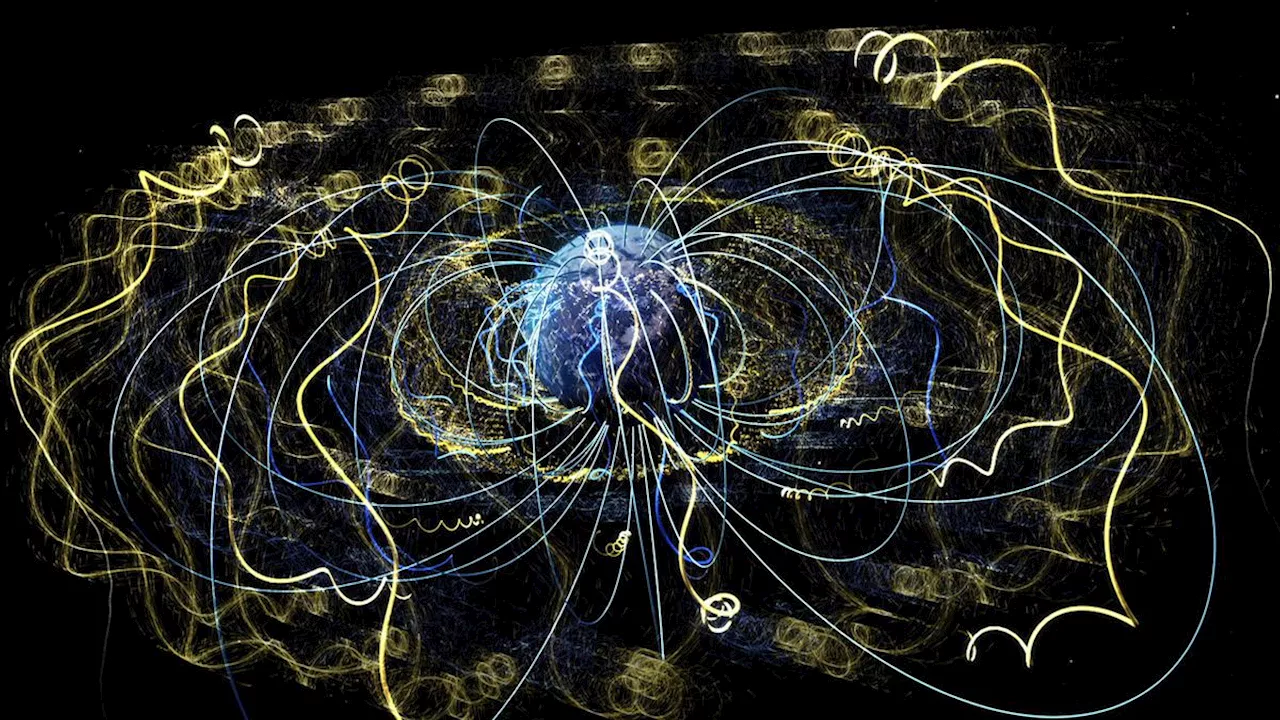Early detection of earthquakes could be vastly improved by tapping into the world's internet network with a groundbreaking new algorithm, researchers say.
Early detection of earthquakes could be vastly improved by tapping into the world's internet network with a groundbreaking new algorithm, researchers say. Fiber optic cables used for cable television, telephone systems and the global web matrix now have the potential to help measure seismic rumblings thanks to recent technological advances, but harnessing this breakthrough has proved problematic.
Not only could this"exciting" advancement be integrated into existing earthquake early warning systems, it may also help detect seismic activity associated with erupting volcanoes, geothermal boreholes and glacier icequakes. "Excitingly, our method can combine fibre optic and traditional seismometer measurements, allowing fibre optic sensing to be included in existing earthquake early warning systems."
This is tantalising because fibre optic networks are ubiquitous in populated regions and even cross oceans, providing the possibility of far more detailed and effective seismic monitoring networks than those that currently exist.Real-world fibre network geometries are often complex -- and seismologists have no control over the geometry.
The other issue is that turning a fibre optic cable into thousands of sensors generates a lot of data. Processing this data in real time is essential for earthquake monitoring, so efficient data processing algorithms are required. "A key strength of this physics-based approach is that it works well even in noisy environments, since noise is generally less coherent than an earthquake signal," said Dr Hudson.He added:"Although we don't claim to have completely solved the large data volume issue, we present pragmatic ways to deal with this and our algorithm runs in real time for the datasets tested.
Detectors Physics Construction Earthquakes Natural Disasters Tsunamis Earth Science
United States Latest News, United States Headlines
Similar News:You can also read news stories similar to this one that we have collected from other news sources.
 New Early Learning Center Opens in Daphne, Offering Innovative Approach to Early Childhood EducationGulf Regional Early Childhood Services (GRECS) celebrated the grand opening of its new early learning center in Daphne, Alabama. The center, which opened in November, provides childcare and early education for children aged six weeks to five years. GRECS emphasizes an innovative approach to early childhood education, focusing on family support, teacher development, and a strong foundation for school readiness. The center also offers a range of services to assist families in need, including finding housing and employment.
New Early Learning Center Opens in Daphne, Offering Innovative Approach to Early Childhood EducationGulf Regional Early Childhood Services (GRECS) celebrated the grand opening of its new early learning center in Daphne, Alabama. The center, which opened in November, provides childcare and early education for children aged six weeks to five years. GRECS emphasizes an innovative approach to early childhood education, focusing on family support, teacher development, and a strong foundation for school readiness. The center also offers a range of services to assist families in need, including finding housing and employment.
Read more »
 Asteroid Samples Reveal Salty Clues About Earth's Early LifeAnalysis of asteroid Bennu's samples reveals sodium-rich minerals, amino acids, and nitrogen compounds, suggesting that asteroids may have delivered the building blocks of life to Earth and that these ingredients interacted with water early in the planet's history.
Asteroid Samples Reveal Salty Clues About Earth's Early LifeAnalysis of asteroid Bennu's samples reveals sodium-rich minerals, amino acids, and nitrogen compounds, suggesting that asteroids may have delivered the building blocks of life to Earth and that these ingredients interacted with water early in the planet's history.
Read more »
 Global Warming Turns Earth Drier and Saltier, Threatening HumanityNew research reveals that 77% of Earth's land has become drier over the last three decades due to global warming, while excessively salty soils are rapidly increasing. This trend, coupled with the expansion of drylands, poses a severe threat to agricultural productivity, biodiversity, and ecosystem health, exacerbating food and water insecurity for billions.
Global Warming Turns Earth Drier and Saltier, Threatening HumanityNew research reveals that 77% of Earth's land has become drier over the last three decades due to global warming, while excessively salty soils are rapidly increasing. This trend, coupled with the expansion of drylands, poses a severe threat to agricultural productivity, biodiversity, and ecosystem health, exacerbating food and water insecurity for billions.
Read more »
 Earth shattered heat records in 2023 and 2024: is global warming speeding up?Nature examines whether the temperature spike is a blip or an enduring — and concerning — trend. Nature examines whether the temperature spike is a blip or an enduring — and concerning — trend.
Earth shattered heat records in 2023 and 2024: is global warming speeding up?Nature examines whether the temperature spike is a blip or an enduring — and concerning — trend. Nature examines whether the temperature spike is a blip or an enduring — and concerning — trend.
Read more »
 Robot to Capture First Global Images of Earth's 'Breathing' Magnetic FieldA new robot, the Lunar Environment Heliospheric X-ray Imager (LEXI), will launch on January 15th aboard Firefly Aerospace's Blue Ghost Lander. Upon landing on the moon's surface, LEXI will capture images of Earth's magnetic field for six days, detecting low-energy X-rays reflecting from its surface. This will provide valuable insights into how space particles interact with Earth's magnetosphere.
Robot to Capture First Global Images of Earth's 'Breathing' Magnetic FieldA new robot, the Lunar Environment Heliospheric X-ray Imager (LEXI), will launch on January 15th aboard Firefly Aerospace's Blue Ghost Lander. Upon landing on the moon's surface, LEXI will capture images of Earth's magnetic field for six days, detecting low-energy X-rays reflecting from its surface. This will provide valuable insights into how space particles interact with Earth's magnetosphere.
Read more »
 China's Enormous Rare Earth Deposit Strengthens Global ControlA massive rare-earth deposit discovered in southwestern China will solidify the country's dominance over this vital resource, fueling its technological ambitions and raising concerns about national security for countries like the US. China already controls a significant portion of global rare-earth production and refining, and this new find is expected to become the country's largest source of medium-to-heavy rare earths, crucial for high-tech applications like electric vehicles, jet engines, and military systems.
China's Enormous Rare Earth Deposit Strengthens Global ControlA massive rare-earth deposit discovered in southwestern China will solidify the country's dominance over this vital resource, fueling its technological ambitions and raising concerns about national security for countries like the US. China already controls a significant portion of global rare-earth production and refining, and this new find is expected to become the country's largest source of medium-to-heavy rare earths, crucial for high-tech applications like electric vehicles, jet engines, and military systems.
Read more »
